
Who Doesn’t Like to Pay?
Everyone has problems and experiences crises. Rabbi Arush explains how to use those very difficulties to become a magnet of miracles and salvations!

Invoice, please!
One of our avreichim (married students) went to visit a friend in the hospital. For our purposes, we will call the avreich David, and his injured friend – Asaf. Asaf sustained severe injuries in his legs, and the doctors said that the damage was irreversible, and predicted that he would never be able to walk again as he could before; indeed, it would be a big miracle if he would be able to walk at all, even with a limp. David came into his room and saw his friend lying in the bed, his legs bandaged and raised, suffering from physical pain and completely broken emotionally. He couldn’t accept the fact that he had gone from being a happy, independent person to being a disabled wreck, severely curtailed in his movements.
David observed the mitzvah of bikur cholim (visiting the sick) admirably. He listened to Asaf’s tale of woe, checked how he could help, encouraged him and cheered him up, and then they both sat in silence. The silence was broken by a deep sigh on the part of Asaf. David well understood what he was sighing so much about, and said to him: “You know, my dear friend, apparently you have to pay for your legs.” Asaf looked up in surprise: “Pay for legs?!” he asked. “How does one pay for legs?”
David explained: “Listen, you’ve been using your legs for a few decades already. You received them as a free gift from the Creator of the World. You enjoyed them so much. Did it ever occur to you that you must pay for them? The mashgiach (spiritual guide) in my yeshiva showed me something from the Midrash Shocher Tov on Tehillim, which says something amazing: ‘Yisrael have nothing with which to pay the Holy One, Blessed Be He, except for gratitude alone for all the good He does to them.’ Our payment to Hashem is by way of thanking Him for all the good He does to us.
“Look, Asaf. You are lying here in this room for hours on end and cannot move. This is the time to pay the Holy One, Blessed Be He, for all those years when you used the wonderful gift called legs. Thank Hashem for every time you walked to Shul, did mitzvot, saw friends, walked to happy events – thank Him for every time you made use of your legs…”
“Then Lame Men Will Skip Like Deer”
Asaf thought about this and realized he had nothing to lose. He had heard a lot about the importance of thanking Hashem and its advantages, but as with many other people, while he had heard and known all this, it was difficult for him to implement it; it was hard to devote time to it and actually act according to this advice. And that’s why most people’s lives look the way they do, without any change. But the words that David had said wholeheartedly and simply, using the words of the Sages in the Midrash, entered his heart, and he decided that immediately when he was alone, he would implement this piece of advice.
The minute David left, Asaf began. He tried to remember every time he walked, and thanked Hashem for each time. He knew that it was impossible to thank Hashem for every single incident of walking, but he didn’t give up and tried to remember every act he had performed with his legs – every game, every jump, every running; every time he had sat down and every time he had stood up and every day he had enjoyed the use of his healthy legs. He thanked and thanked for hours.
When Asaf realized that even after several hours of expressing gratitude, he was barely scratching the tip of the iceberg – and these were just his legs – it struck him how much he enjoyed his legs all his life without ever paying attention to all this good, all this chessed (loving kindness). “I’ve been truly blind to all the good that Hashem has done for me,” he thought.
That night, Asaf fell asleep with his heart light and full of hope. He had no idea what was going to happen to him the next day. In the morning, he woke up murmuring his now meaningful Modeh Ani (I thank You) and feeling well and pain-free. The doctor who came to examine him was surprised and called in the head of the department. The latter showed up with other doctors and interns and couldn’t believe his eyes.
Against all the predictions, Asaf left the hospital within a short period of time, walking – even better than he had walked before his injury…
Only the Servant of Hashem is Free
Dear Jews, a Jew buys an apartment and pays for it with a very significant part of his salary for dozens of years. He works for hours and even weeks every month only to pay for the apartment. That’s the way the world operates. We are all subjugated by banks; slaves to our thirty-year mortgages – almost like prisoners serving a life sentence.
But for all the good things we receive from the Creator of the World, which are worth much, much more than a private house with a pool in Northern Tel Aviv – we pay nothing. David Hamelech said: “I will pay you thanks”. When we talk about being grateful, we use the expression asirei toda (prisoners of gratitude). A person should be enslaved to gratitude. He should understand that he is “working” all his life, day after day, on paying for the good things Hashem does for him. But this is not an irksome imprisonment, but rather a pleasant one. It is an “imprisonment” that opens all the doors for you. It is an “imprisonment” that brings you happiness in life. It is an “imprisonment” that brings you all the salvations in your life.
Only the Grateful are Truly Free
All the problems in one’s life start from one’s not seeing, not looking, not thanking, and not paying attention to all the good. And that is actually the central passuk (verse) in the curses in Parashat Ki Tavo. In the middle of these 98 terrible curses, the Torah tells us what will cause all this: “Because you didn’t serve Hashem, your G-d, with joy and a heart content in the abundance of all things.”
What is “the abundance of all things”? Simply: We have so much good, so much chessed. With all these chassadim, we should serve Hashem with joy and a content heart, which means with song, say Chazal: To sing to Hashem and thank Him for all the good, all the time, endlessly. That is our payment to Hashem, yitbarach.
A Working Proposal
And you know that the measure of good is always greater than the measure of punishment. That means, that if you work all your life to thank Hashem – and not a matter-of-fact thanking, but with true gratitude: with joy and a content heart, feeling the joy in your bones and in the depths of your heart – if you live like this, you bring upon yourself all the blessings, in all realms. You become a magnet of miracles and salvations. Your entire life is blessed and all those around you are blessed.
In light of the story above, I advised a husband whose wife wanted to get divorced, with nothing seemingly able to change her mind, to “pay for his wife.” He had come to me at the last minute, when it seemed all was lost. And he paid! Oh boy, did he pay! He sat for hours and thanked Hashem for his wife and all the good things she had done for him. But even with all this payment, he was really getting a 99 percent discount.
You can probably guess the results: She turned around. They came back to each other, and more than that – they came back with gratitude, with endless regard for each other. One can say that it was not merely that they did not get divorced, but that they finally became truly married.
We will conclude with another small story from the Baba Sali, may his memory protect us, who saw that a certain home had a tremendous spiritual light resting on it – the kind that rests only on a home where there is a sefer Torah. He entered the house and asked if there is a sefer Torah there. The hostess said that there was not. The tzaddik asked her about her deeds, and she told him that every day she thanks Hashem and blesses Him, with every act and at every moment. Only then was the Baba Sali satisfied and he said to her: “Your constant expressions of gratitude to Hashem brings upon your home spiritual light and supreme protection, like a sefer Torah does!”
May Hashem merit us to serve Him with gratitude and to begin to pay Him with joy, love and goodheartedness.


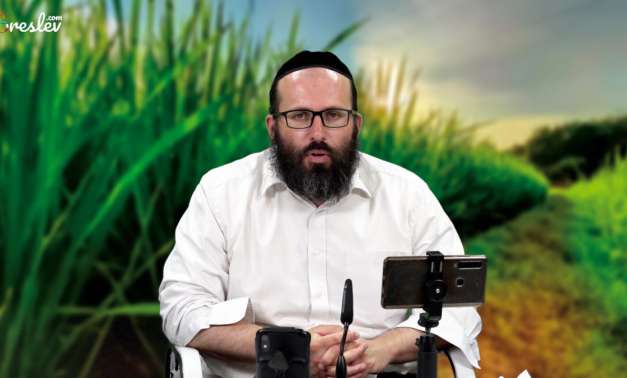


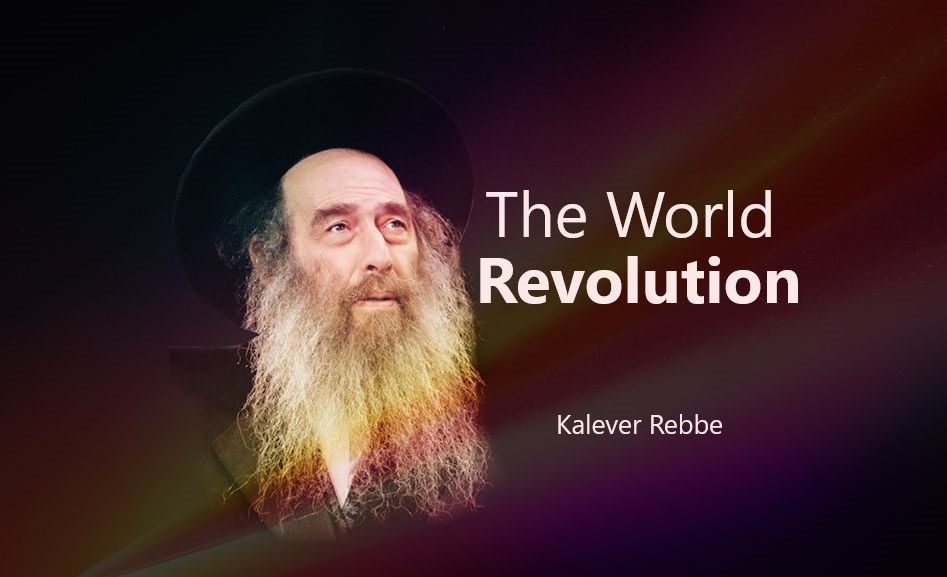
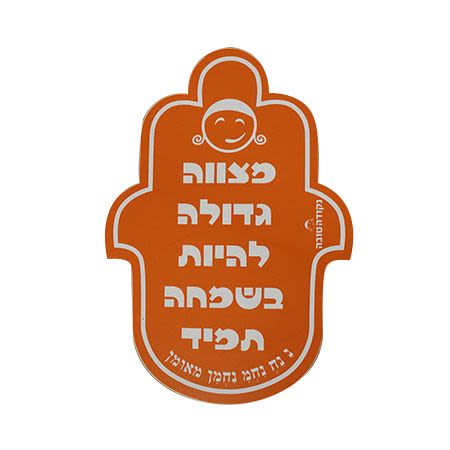


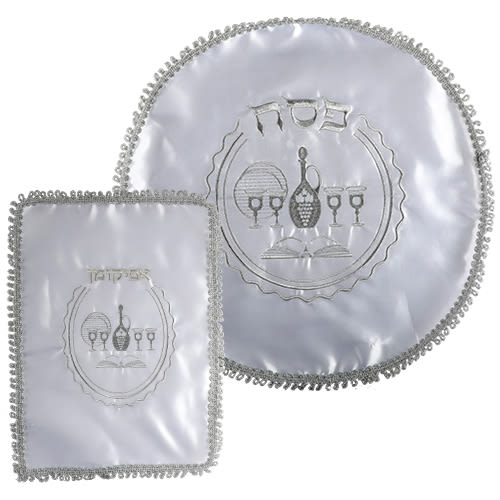
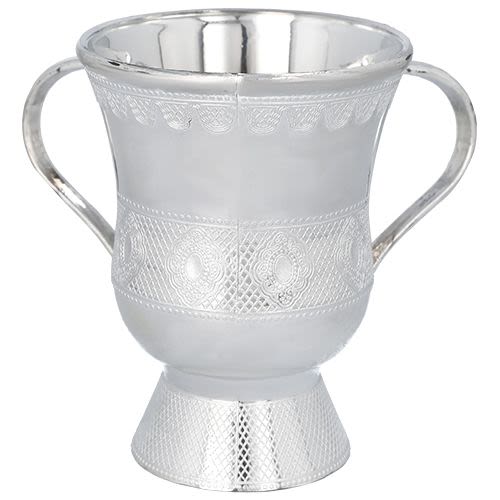

Tell us what you think!
Thank you for your comment!
It will be published after approval by the Editor.